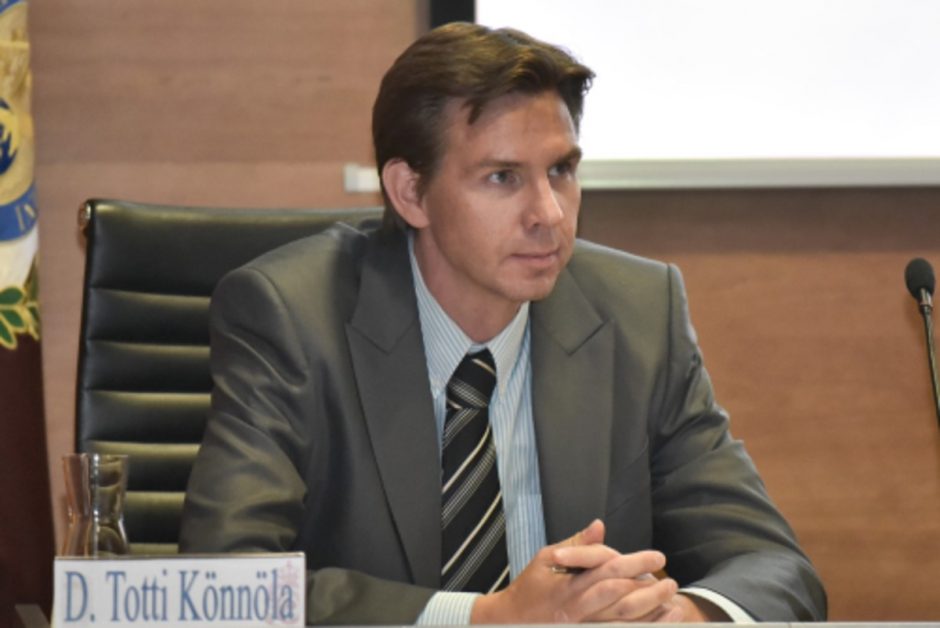Water scarcity in Southern Europe: Manufacturing expert insights
24 Jun 2020
In this new In Our Community series, we interview experts from the cross-KIC initiative “Finding innovative solutions for water scarcity in Southern Europe.” The initiative tasks 16 experts from different disciplines—climate, food, manufacturing and raw materials—to identify core challenges to tackling water scarcity and 30 start-ups are called to offer solutions to them. The initiative concludes with capacity-building for professionals from diverse sectors working on water scarcity. In this article, we talk to one of the manufacturing experts.
Dr Totti Könnölä, Insight Foresight Institute

What motivated you to be part of this initiative on water scarcity in Southern Europe?
“The topic is of utmost importance, not only to Spain, where Insight Foresight Institute is based, but for the whole region and beyond. This is a great opportunity to connect the dots, move fast and collaborate in the region to develop a joint action agenda.”
What manufacturing expertise do you bring to the initiative?
“Our institute has contributed to coordinated actions to develop and modernise the Spanish and European industrial base, for instance, with the Royal Academy of Engineering of Spain and Euro-CASE. I offer my experience and networks to link the water management community with industry 4.0 and circular, blue and collaborative economies.”
What are some of the current challenges with regards to water scarcity in Southern Europe?
“During the year, I have been coordinating an expert team supporting the foresight work of Mission Board for healthy oceans, seas, coastal and inland waters. Our analysis concluded that we are crossing environmental tipping points because of unsustainable water management practices, for instance, the shrinking water levels of aquifers and their contamination. With climate change, water cycles are dramatically affected, leading to biodiversity loss and accelerating evaporation, for example, as well as many impacts on soil health and livelihoods in general.”
How do you think these can be addressed through the initiative?
“There’s an urgent need to collaborate and align efforts across sectors and disciplines to have a wider impact. Many great initiatives exist but in parallel, unsustainable practices have devastating consequences. One promising area to be scaled up is industry 4.0, and its related technologies and related business models, which are playing an increasing role in more effective water management. In particular, many SMEs in the region can find better ways to address water challenges with proactive joint approaches.”
What does “innovation” mean to you?
“Change. We need to be careful of the direction, though. We need to balance the precautionary with the innovative, as innovation always comes with new opportunities, but also with new risks.”
The initiative brings together different experts, sectors, organisations, start-ups and professionals. Moreover, it’s a collaboration between multiple KICs (Knowledge & Innovation Communities), among others: Why do you think ‘breaking down silos’ and bringing together diverse perspectives is important to transforming how we deal with manufacturing?
“When problems are complex, the responses need to recognise that complexity and build competencies and capabilities that create more adaptive and resilient approaches. This is reflected also in the search for more distributed, ecosystem-driven structures rather than centralised command and control.”
Who or what gives you inspiration in your work with manufacturing?
“Champions who turn their values into action and lead by example. This very initiative has proven to be a good forum to engage with people with such an attitude.”
Related Goal
Goal 6: Nurture forests in integrated landscapes


